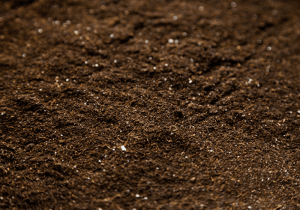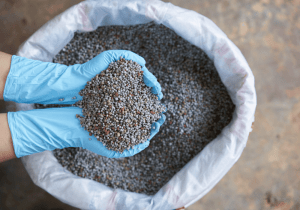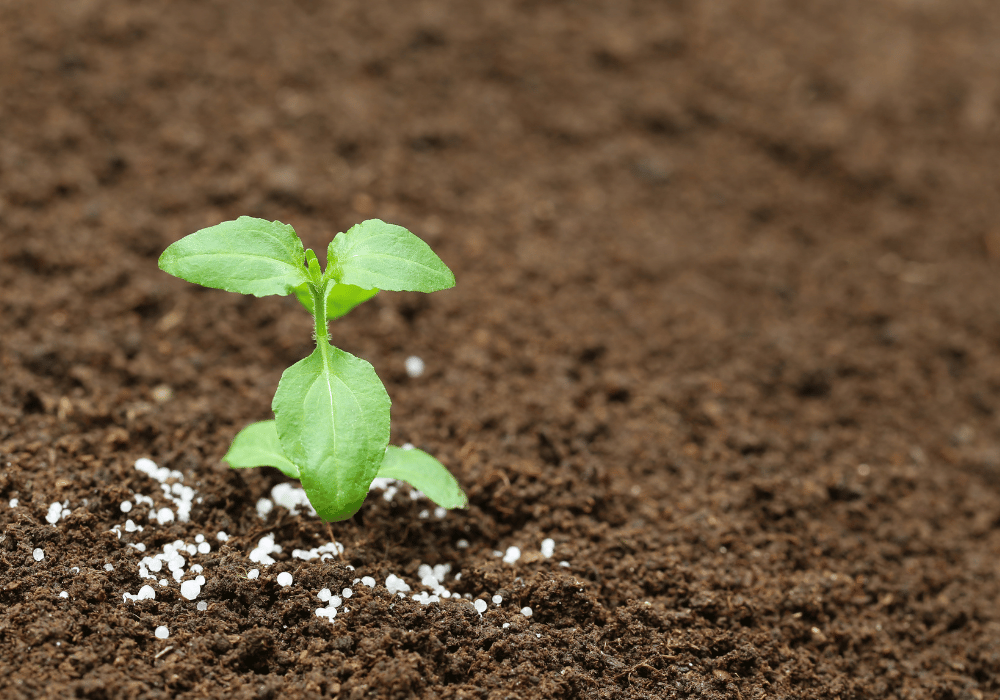Soil nutrition is a fundamental aspect of maintaining tree health and vitality. At Brockley Tree Service, we deeply understand the significance of comprehending soil composition and implementing effective fertilization strategies to ensure optimal tree growth and longevity.
Importance of Soil Nutrition
The importance of soil nutrition cannot be overstated. Soil serves as the primary source of essential nutrients, water, and physical support for trees. However, soil composition varies greatly, impacting nutrient availability and uptake by trees. Understanding these variations is crucial for providing adequate nutrition to sustain healthy tree growth.
 Assessing Soil Nutrition
Assessing Soil Nutrition
Before embarking on a fertilization plan, it’s essential to assess the soil’s nutrient levels and pH balance. Soil testing is a valuable tool that allows arborists to identify deficiencies and determine the most appropriate fertilizers and application methods. By conducting thorough soil analyses, we can tailor our fertilization approach to meet the specific needs of each tree and optimize nutrient uptake.
Essential Nutrients for Trees
Trees require a variety of nutrients to thrive, with nitrogen, phosphorus, and potassium being the primary macronutrients. Nitrogen supports leaf and stem growth, phosphorus aids in root development and flowering, while potassium enhances overall tree health and disease resistance. Additionally, trees require micronutrients such as iron, manganese, and zinc in smaller quantities to maintain essential physiological functions.
Fertilization Strategies
Fertilization is a key practice in supplementing soil nutrients to support tree health and growth. However, it’s essential to approach fertilization strategically to avoid over-application and environmental harm. Different fertilizers, including granular, liquid, and slow-release formulations, offer varying benefits and should be chosen based on soil conditions and tree requirements.
 Types of Fertilizers
Types of Fertilizers
Granular fertilizers consist of solid particles that release nutrients gradually over time, providing long-lasting benefits to trees. Liquid fertilizers offer a quick nutrient boost and are easily absorbed by tree roots but may require more frequent applications. Slow-release fertilizers provide a steady supply of nutrients over an extended period, reducing the risk of nutrient leaching and environmental pollution.
Science-Based Fertilization Approach
At Brockley Tree Service, we adhere to a science-based approach to tree fertilization. Our certified arborists carefully analyze soil conditions, tree species, and environmental factors to develop customized fertilization plans. We prioritize the use of slow-release fertilizers and organic amendments to promote sustained nutrient uptake and minimize environmental impact.
Soil Management Practices
In addition to fertilization, proper soil management practices are essential for maintaining soil health and supporting tree growth. Mulching helps conserve soil moisture, regulate soil temperature, and suppress weed growth, while also adding organic matter to the soil as it decomposes. Aeration improves soil structure and allows better air and water penetration, enhancing root development and nutrient uptake.
In conclusion, understanding soil nutrition and implementing effective fertilization strategies are crucial for maintaining healthy and vibrant trees. By assessing soil composition, identifying nutrient deficiencies, and employing science-based fertilization approaches, property owners can promote the long-term health and longevity of their trees. At Brockley Tree Service, we are dedicated to providing expert guidance and services to help our clients achieve thriving landscapes while minimizing environmental impact.

